Olive oil has become a staple in every kitchen, used as a salad dressing, cooking oil, and even a hair mask or body moisturizer.
However, the veganism of olive oil may have crossed your mind when you discovered that not all plant-derived products are actually vegan. Animals or their products can be involved in the production process without ending up in the final product, making those products vegan-inappropriate.
That’s why we’ll explain all about olive oil in this article so that you can determine whether you should include it in your current lifestyle.
Is Olive Oil Vegan?
In short, that’s a definite yes. Olive oil is made entirely from plants, so it doesn’t contain animal products. Also, no animal ingredients are used in its manufacturing process, and no actual animals are harmed or experimented on for the sake of its production.
So, from a technical standpoint, we can say that olive oil is wholly vegan, although some vegans attempt to avoid it for ethical reasons (more on that later).
Its Production Process
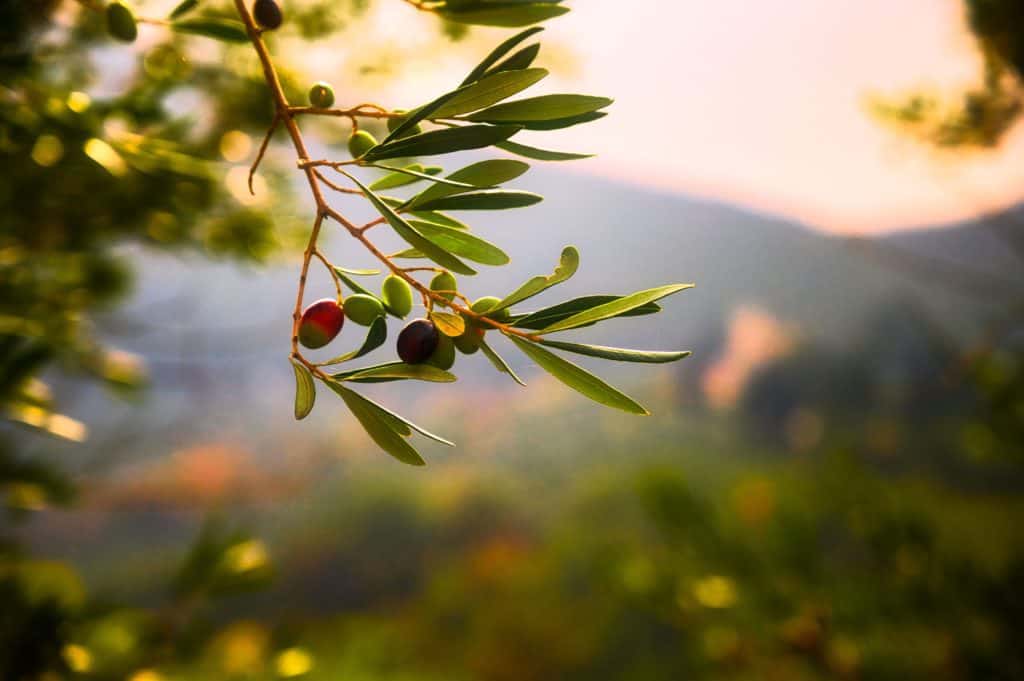
To keep it simple, olive oil is mostly made from the crushed flesh of olives. About 30% of an olive is made up of fat, so olives are ground up with their seeds to produce a paste.
This paste then undergoes a couple of different processes that allow the oil to separate from the rest of the paste. Once it’s separated, it’s refined and then packaged into the bottles we buy at the stores.
When it comes to what type of olives are used to make olive oil, they can be green or black, ripe or semi-ripe, handpicked from the branches, or picked up off the ground.
The difference in the olives determines the quality and colour of the produced oil, where some will be golden, and some will be more on the green side, but all will be delicious and fragrant.
Benefits of Olive Oil
Surprisingly, olive oil has some pretty good health benefits.
First of all, it’s made of 85% unsaturated fats, which explains its liquid state when present at room temperature, similar to other plant-based sources of fats.
To understand the significance, you should know that saturated fats have always been presumed to contribute to heart disease, even if it hasn’t been entirely proven to be true.
Conversely, unsaturated fats have been proven to have several health benefits. They reduce bad cholesterol levels, blood pressure, as well as inflammation, consequently decreasing the risk of cardiovascular disease.
This phenomenon has been explained by the presence of phytochemicals, antioxidants, omega 3, and anti-inflammatory substances in olives, all of which contribute to a lower incidence of heart disease.
Such an effect is particularly noticed among people of the Meditteranean who have a very low incidence of cardiovascular disease despite consuming high levels of fats.
Moreover, unsaturated fats help form strong cell membranes and reduce the risk of rheumatoid arthritis. So, all in all, olive oil can be pretty healthy when compared to other oils and fats.
That isn’t to say that you should go nuts and put ludicrous amounts of olive oil on everything you eat. Olive oil is still a type of fat, so it’s very high in calories. It also releases some toxic compounds into the air when heated up. So, it’s best to limit your intake of olive oil and only have some here and there so that you can get the benefits without the disadvantages.
Note: Extra virgin olive oil has a pretty low smoking point, so if you want to fry something, opt for another oil with a higher smoking point, such as avocado oil.
Types and Grades of Olive Oil
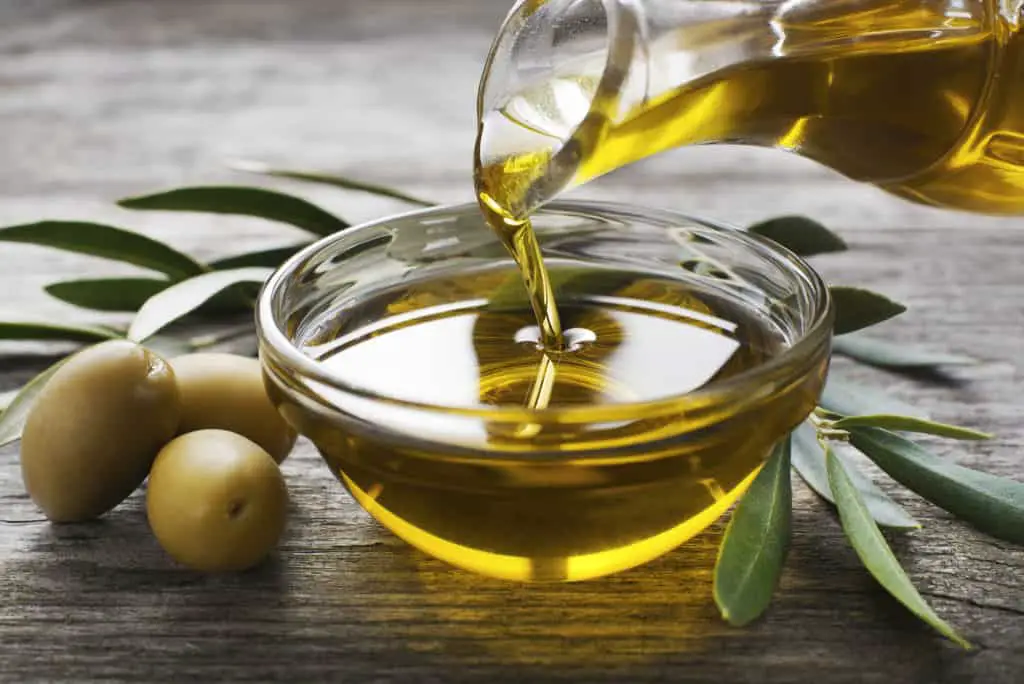
You’ve probably heard the name EVOO, aka extra virgin olive oil, thrown out in numerous cooking shows and cooking books.
Nonetheless, what is it, and how does it differ from other types of olive oil?
EVOO is the oil that’s obtained after the first pressing of olives. This means that this oil, unlike other kinds of olive oil, has undergone minimal processing and refining, thereby producing oil that’s rich in flavour and aroma, without extreme chemical or thermal processing.
However, for a bottle to be labelled EVOO, it must pass meticulous laboratory and taste inspections to get that certification. If the bottle falls short of the required specifications, it gets dropped to another grade called virgin olive oil.
Accordingly, the more the oil is processed, the further its grade drops, producing types like lampante, refined, and pomace oils. In addition, the more processed the oil is, the fewer health benefits it provides and the cheaper the oil is. So, if you find a really cheap bottle of olive oil, know that you’re not getting a good-quality one.
Tip: Beware of olive oil fraud. Sellers sometimes mislabel their products and promote them as EVOO even if they’re not. Some even mix olive oil with other vegetable oils to decrease their manufacturing costs and increase their revenue.
So, thoroughly research a brand before you buy its oil and try to choose dark bottles whose oil is closer to a golden green than an orange.
Point of Contemplation
So, if olive oil is vegan without a doubt, who do so many vegans dislike it?
To explain, their aversion comes from the environmental concerns that the olive oil industry raises. While it may come as a surprise to some people, the production of olive oil creates highly toxic wastes that can cause serious harm if inhaled, eaten, or touched.
Moreover, if such wastes aren’t properly disposed of, they can get into water sources, contaminate other crops, and consequently cause many serious health problems for humans, animals, and plants alike.
Furthermore, so much water goes into the production of olive oil that it doesn’t really justify its usage in this time of worldwide water shortage. To give you an idea of how much water is truly used, 1 litre of olive oil needs almost 4000 litres of water for its production. That’s no small amount, is it?
And to top it off, the irrigation of large-scale olive plantations majorly contributes to soil erosion, i.e., the displacement and removal of the topmost soil layer. The irrigation methods used in those plantations, while they do increase the total amount of produce, also increase soil erosion and can carry off toxins, chemicals, and pesticides to other planting areas.
Therefore, for all the reasons mentioned above, vegans disapprove of the olive oil industry and try to look for other types of oil that are more ethical and substantial in the long run.
Conclusion
In a nutshell, yes, olive oil is unquestionably vegan-friendly and can provide many health benefits. It also has a great taste that’s hard to beat, especially compared to other plant-based oils.
However, its production comes at a cost to our planet, so it’s much better for you and everyone else to eat an olive rather than its oil. That way, you’ll get the same benefits, but spare yourself the extra calories and toxic wastes.


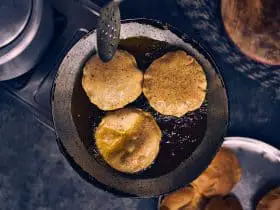



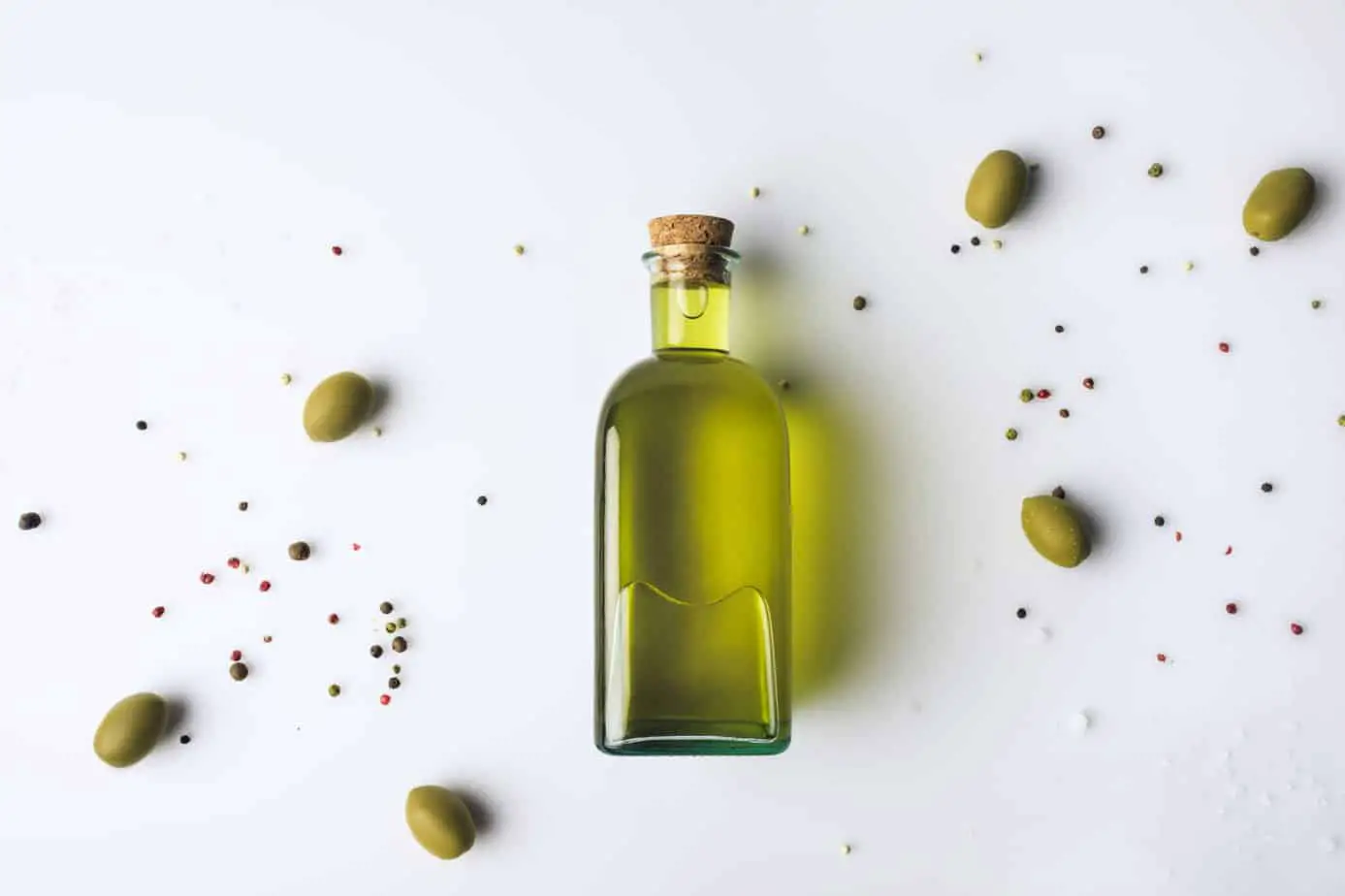
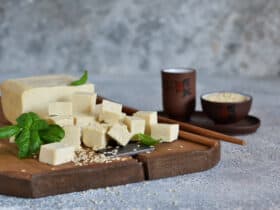
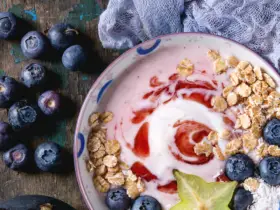
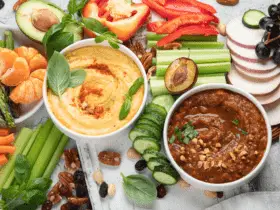
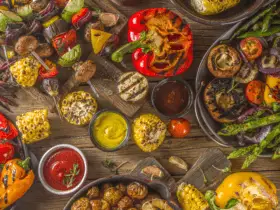
Leave a Reply